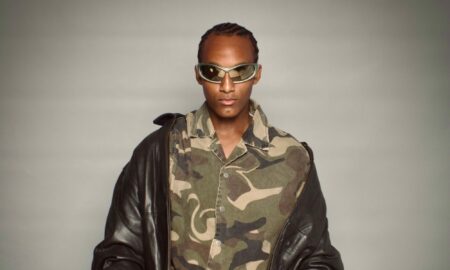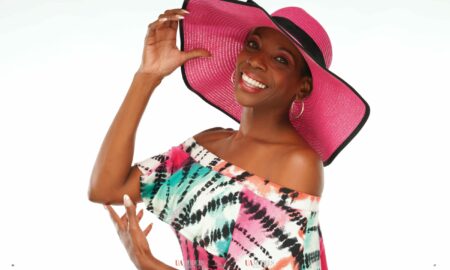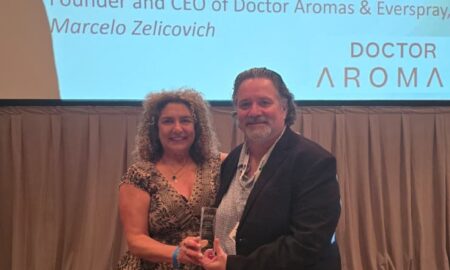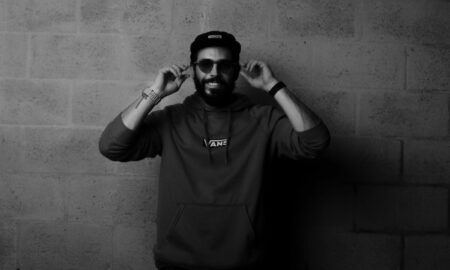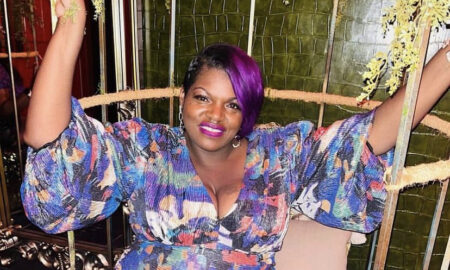

Today we’d like to introduce you to Catherine Macdonald, Julia Wester, Christian Pankow, Jake Jerome, and Nick Perni.
Catherine, Julia, Christian, Jake, and Nick, please share your story with us. How did you get to where you are today?
Field School grew out of a recognition that there is a lack of opportunity for high-quality training in the practical skills required to work as a marine scientist. Many universities lack easy access to the coast or may not have faculty with the experience to lead field courses. More than that, academia doesn’t reward research scientists very effectively for the time they spend teaching and mentoring—they’re primarily evaluated on how many research papers they publish and how much grant money they bring in. We created Field School because, although we love research, we also have a deep commitment to (and passion for) teaching and supporting students and early career scientists.
In 2015, we bought our boat, Research Vessel Garvin, a 55’ custom live-aboard vessel, and spent almost a year refitting her ourselves. She is for hire as a research platform for scientists and researchers doing work in remote areas, a support vessel for film crews working in marine environments, and serves as the home base for our own research and week-long field courses. Over the past four years, we have grown steadily and are doing work we love—studying sharks and tropical marine ecology and working on research projects in South Florida, the Bahamas, and the Southern Caribbean.
We’re able to regularly offer scholarships to students who otherwise wouldn’t be able to afford the kinds of research and field experience we can provide, and we have a network of former students we find incredibly inspiring. As part of that, we’re concerned with diversifying marine field science and creating opportunities for groups that have been and remain underrepresented in the fields of Science, Technology, Engineering, and Mathematics (STEM). That isn’t just a talking point for us—we’re offering more than $30,000 in scholarship support to students from around the world in 2019.
Finally, STEM fields are not always very friendly to women. In ten years as a marine scientist, I have never had a female boss or mentor, and nearly all the female scientists I know have encountered misogyny at some point in their careers. Field science, where it’s normal to work very long hours in close quarters, can be even more unwelcoming to women. As a predominantly female-owned company, it’s really important to us that in all our work with students (ranging in age from high schoolers through graduate students), we model the kind of culture and work environment we want to make more prevalent in marine science – one of kindness, respect, and gender equality.
Overall, has it been relatively smooth? If not, what were some of the struggles along the way?
The uncertainty of starting something new can be really stressful. Especially early on, there were months we struggled to make payroll or buy the supplies we needed. Before the first course we ever ran on Garvin, I don’t think I slept at all for a couple of days–we were still painting cabins at midnight the night before students arrived. Working with people you admire and trust is crucial to being willing to persevere even in the worst moments when you’ve just accepted delivery of 200 pounds of frozen fish only to realize that the bait freezer has stopped working.
I am thankful to have a team that will always help do whatever it takes to solve the problem in front of us. Setbacks happen every day: a piece of gear breaks, the weather doesn’t cooperate, or there’s a strange humming noise coming from one of the bilge pumps. We see those moments as a learning opportunity for us—and for our students—so they can see firsthand how a team of marine scientists come together when things don’t go as planned.
We often joke that if we’d had a clue what we were getting ourselves into we never would have had the guts to start our company. There were times during the refit of the boat when I think everyone wondered if we’d made a huge mistake. When you’re on day 150 of sanding, repairing fiberglass, or rewiring electrical systems, it can definitely make you rethink the choices that brought you there. On the other hand, if you build something with people you love, doing work you care deeply about, the difficulties aren’t what you wind up focusing on. I’m grateful even for the hardest times we’ve had to struggle through together.
Please tell us about Field School.
One of the things I enjoy most about our work is that we get to do a lot of different things, although they all come back to marine research, education, and exploration. In the last year, we’ve supported filming for a shark week show using amazing wildlife tracking technology, assisted with testing an experimental deepsea submersible off the Bahamas, and towed a hydrophone array to study sperm whale habitat use and acoustic behavior. Collaborating with other researchers and organizations means we’re often doing something new, which helps satisfy our shared desire for adventure and new challenges. Of course, we also stay busy running our own courses and teaching, which is the most rewarding work I can imagine and keeps us grounded in our core purpose.
The thing I’m proudest of is our work in creating a people- and conservation-centered company. We’re focused on furthering the personal and professional development of our staff and students and on conducting research and collecting data that can help improve the management of marine ecosystems. We are driven by our core values, and factor them into decisions about the work we do and the way we do it. Our students tell us that their experiences with us are “transformative” and “life-changing”—not just because of the skills they learn with us, but because of the supportive learning environment, we create.
Most of our research is centered on elasmobranch (shark and ray) ecology, biology, and conservation. We have so many exciting projects happening or launching—from looking at nursery areas and habitat use of juvenile tiger sharks, to research into how small sharks like bonnetheads (relatives of hammerheads) handle the stress of being captured through studies of their blood physiology. We also work on the human dimensions of marine conservation problems, studying how communities interact with local shark populations in South Florida and the greater Caribbean. Anyone who is interested in our research, or in collaborating with us, can learn more about current projects on our website (http://www.getintothefield.com/ongoing-research.html)—or reach out to us and ask, we love talking about science!
So, what’s next? Any big plans?
We are in a period of growth and are approaching our running capacity for our existing staff (thank goodness we love what we do because we work a lot of weekends). We’re looking forward to making some big announcements about our future in the next few months in terms of our research capacity and projects, and we’re really excited for our upcoming week-long shark research training courses here in Miami in March, June, and August. If you’ve always dreamed about participating in hands-on marine science, research you can learn more or apply to join on our website!
Contact Info:
- Website: www.getintothefield.com
- Phone: (305) 925-0805
- Email: info@getintothefield.com
- Instagram: https://www.instagram.com/field_school/
- Facebook: https://www.facebook.com/getintothefield/
- Twitter: https://twitter.com/field_school
Image Credit:
Field School
Getting in touch: VoyageMIA is built on recommendations from the community; it’s how we uncover hidden gems, so if you know someone who deserves recognition please let us know here.










